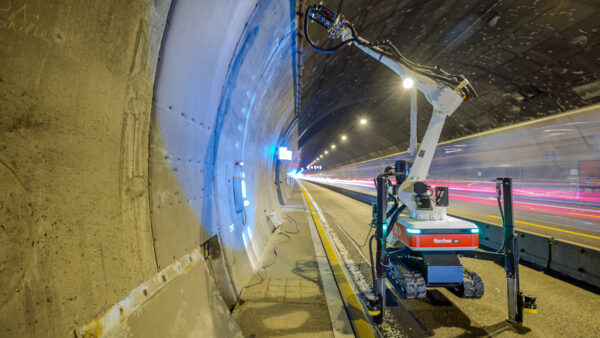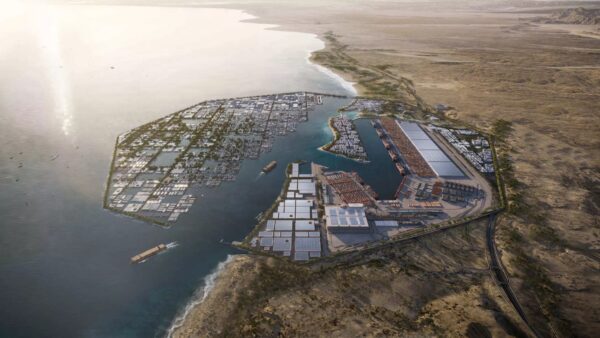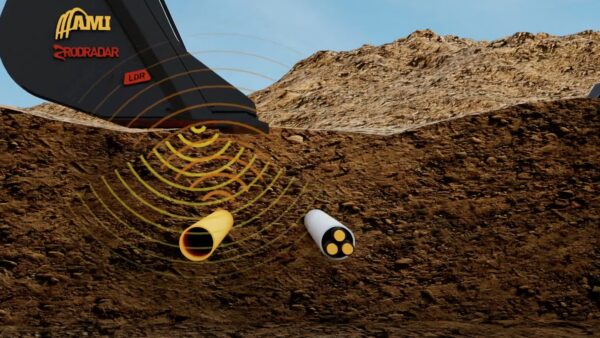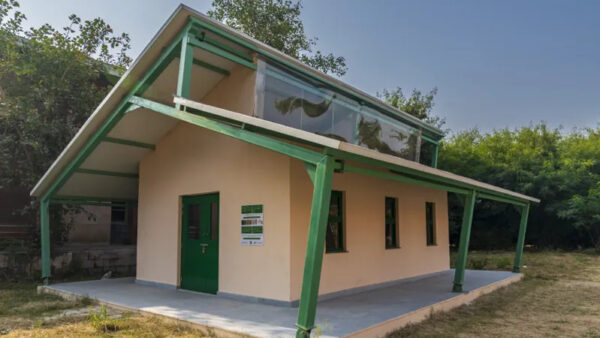27 June 2013
Two UK professors have been awarded a grant of $900,000 by Qatar to study how Building Information Modelling (BIM) could save it billions of dollars on its massive development plans.
Professor Nashwan Dawood and Dr Mohamad Kassem of Teesside University have been given the grant by the Qatar Foundation, under the Qatar National Research Fund.
Prof Dawood, lead investigator, runs Teesside’s Centre for Construction Research and Innovation which has collaborated on projects all over the world to rehearse builds on major projects including bridges and gas rigs, the university says.
By analysing where problems and delays may occur before construction starts, BIM can cut the cost of building projects by up to 10%, Prof Dawood said.
For Qatar, predicted to spend $100bn on construction over the next 10 years, including on stadia for the 2022 Football World Cup, that would mean saving up to $10bn.
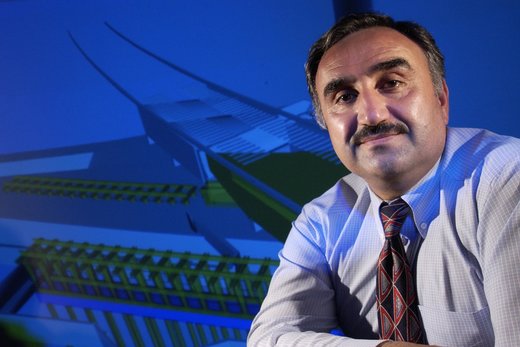
Nashwan Dawood has studied BIM use on projects all over the world (Teesside University)
Prof Dawood said the grant proved that the work done at his centre is internationally recognised.
“We’ve got some major partners signed up to collaborate with us on this,” he said. “There was a lot of praise for our capabilities in delivering this project and the fact that we would be able to manage it and the support we would get for it.”
The money will employ several researchers on the project, which is expected to last three years.
The research will be a partnership between Teesside University and Qatar University with 60% of the funding being spent in the Gulf state and the remaining 40% being spent in the UK.
It is part of Teesside’s work with Qatar University and German construction firm Hochtief-VICON to create a knowledge hub in the Middle East for BIM technology.
Professor Dawood added: “This will be a whole different way of looking at how you organise information in the delivery of your building project.
“It’s a matter of creating digital assets for your projects and then implementing the work on the construction site in a way that’s been rehearsed.
“This can have major cost and health and safety implications.
“Hopefully it will have an international agenda in terms of pushing the boundaries of how we manage construction projects in the future.”

